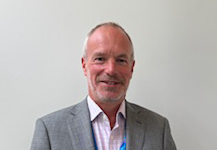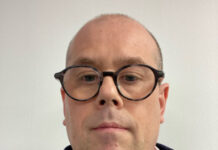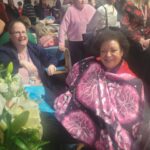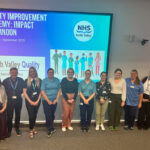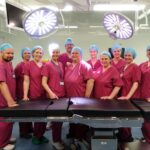 Dr Sarah Bennett
Dr Sarah Bennett
Dr Sarah Bennett, Orthopaedic Hand Surgeon, is leading innovative research to transform the way we deliver hand surgery and follow-up care.
Her current research includes:
- Emcat-2 – Dr Bennett and her team are trialling a smartphone app designed to track recovery after hand surgery. The app allows patients to record their experiences in real time, giving clinicians a much clearer picture of recovery. The study is also exploring whether this could replace some routine follow-up appointments, meaning patients who have had carpal tunnel decompression or thumb base injections may no longer need to travel to hospital for check-ups at fixed times.
- Hand-2 – this national trial is comparing two different treatments for Dupuytren’s contracture, a condition that causes the fingers to curl into the palm. The results will help determine which treatment is most effective, guiding best practice across the NHS.
For Dr Bennett, research is all about improving care while making the best use of NHS resources. She explains: “We get to prove what works well and save money to use it to further patient care. Our pragmatic approach is already making a difference. By carrying out procedures in procedure rooms rather than main theatres, our team saved the NHS the equivalent of my salary in just a few weeks!”
Alongside her research, Dr Bennett has completed a Basic Science MD in Bone Biology and now treats patients across a huge catchment area, from the furthest parts of Lanarkshire to the edges of Tayside and Lothian.
When she’s not in theatre or running trials, Sarah enjoys practising Taekwondo with her son. She says: “We get to beat each other up without being in trouble!”
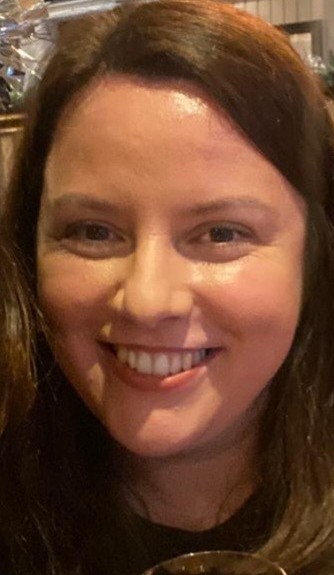 Georgiana Parloaga
Georgiana Parloaga
When you think of research, your first thought might be clinical trials or lab work — but research takes many forms across NHS Forth Valley, and our Finance teams also play a vital role in supporting innovation and improvement.
Georgiana Parloaga, from our Finance and Management Accounts team, is passionate about the value of research in all fields.
For Georgiana, research is the foundation of progress. She explains: “It helps uncover new information, challenge assumptions and refines existing theories across all fields. From curing diseases to improving technology, research is the backbone of finding solutions to complex issues.
“Medical research drives better healthcare, environmental studies protect the planet, and social research strengthens communities. Research is about helping humanity evolve and thrive.”
Fun Facts
- Georgiana holds a degree from the University of Transylvania
- She’s a strong believer in following medical advice – particularly the 16th and 17th century belief that chocolate was the ultimate medicine!
Georgiana’s enthusiasm is a reminder that research isn’t limited to one department or profession – it’s a shared effort that underpins everything we do across the NHS.
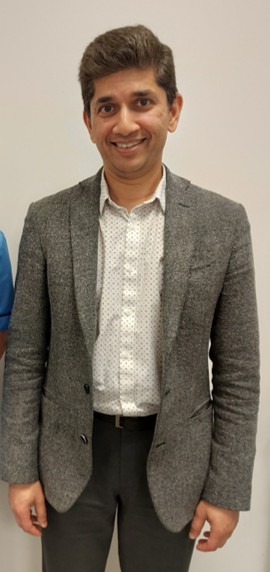 Mr Amit Putti
Mr Amit Putti
Research plays a vital role in advancing healthcare – and one member of our Orthopaedics team is leading the way.
Mr Amit Putti, Consultant Orthopaedic Surgeon, is currently involved in several major national research trials that could help shape the future of fracture care.
Currently, he is leading two key studies:
- REACH Trial – exploring whether a self-directed rehabilitation programme is as effective and cost-efficient as traditional physiotherapist-supervised care for adults recovering from a proximal humerus fracture (a break in the upper part of the arm bone, near the shoulder joint, often caused by a fall or trauma).
- HUSH Trial – comparing surgical and non-surgical approaches for humeral shaft fractures (a break in the bone of the upper arm, located between the elbow and shoulder joints) in adults, to determine which provides the best outcomes.
Alongside this, Mr Putti is also contributing to other important studies, including FAME (comparing close contact casting with surgery in younger patients with unstable ankle fractures) and PROFHER2 (evaluating treatment options for complex shoulder fractures in patients over 65).Beyond research trials, Mr Putti has a track record of innovation. He introduced a new scaphoid fracture (a common break of a small bone in the wrist, typically caused by a fall onto an outstretched hand) protocol – that not only improved care, but also saved around £120,000 every year. This achievement gained international recognition, with invitations to present in Japan, India and Dubai.
With over 20 published papers and 40+ conference presentations, his contributions are helping to influence orthopaedic practice far beyond NHS Forth Valley. When asked why research matters to him, Mr Putti is clear: “Research helps progress humanity.”
His work is a reminder of the vital role research plays in improving patient care, supporting innovation and shaping the future of healthcare around the world.
